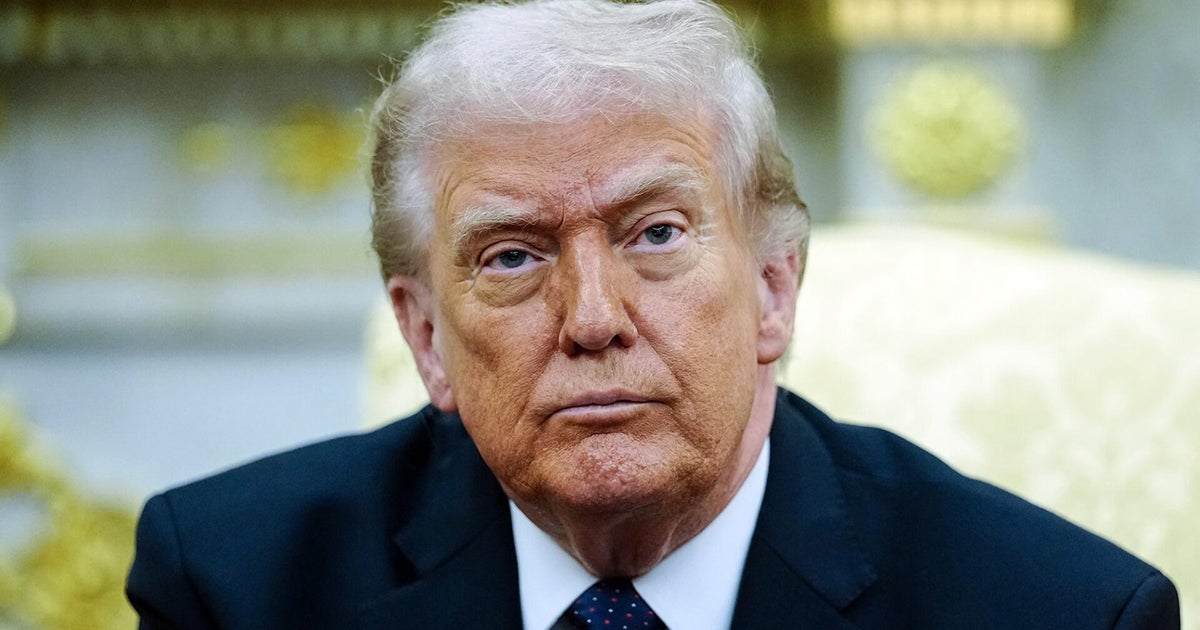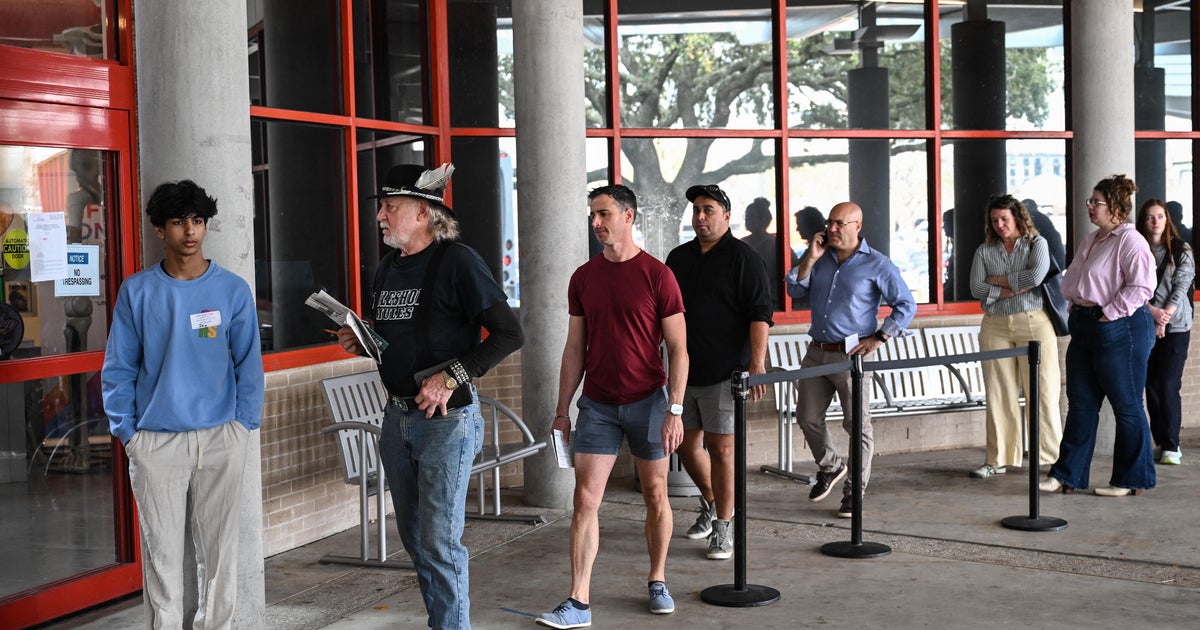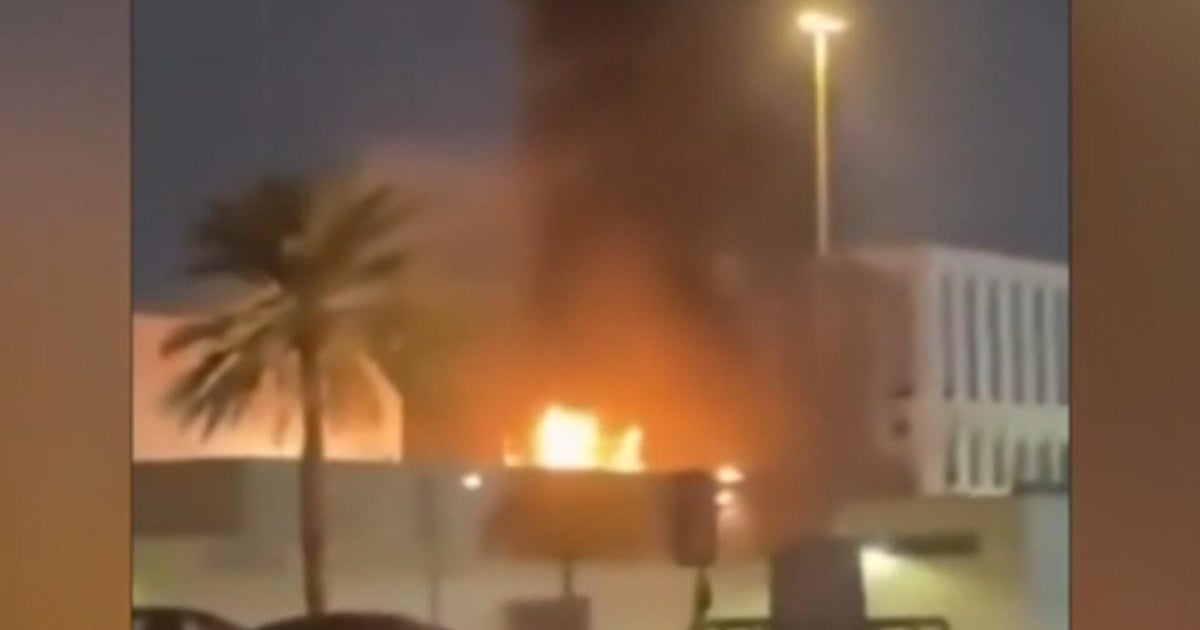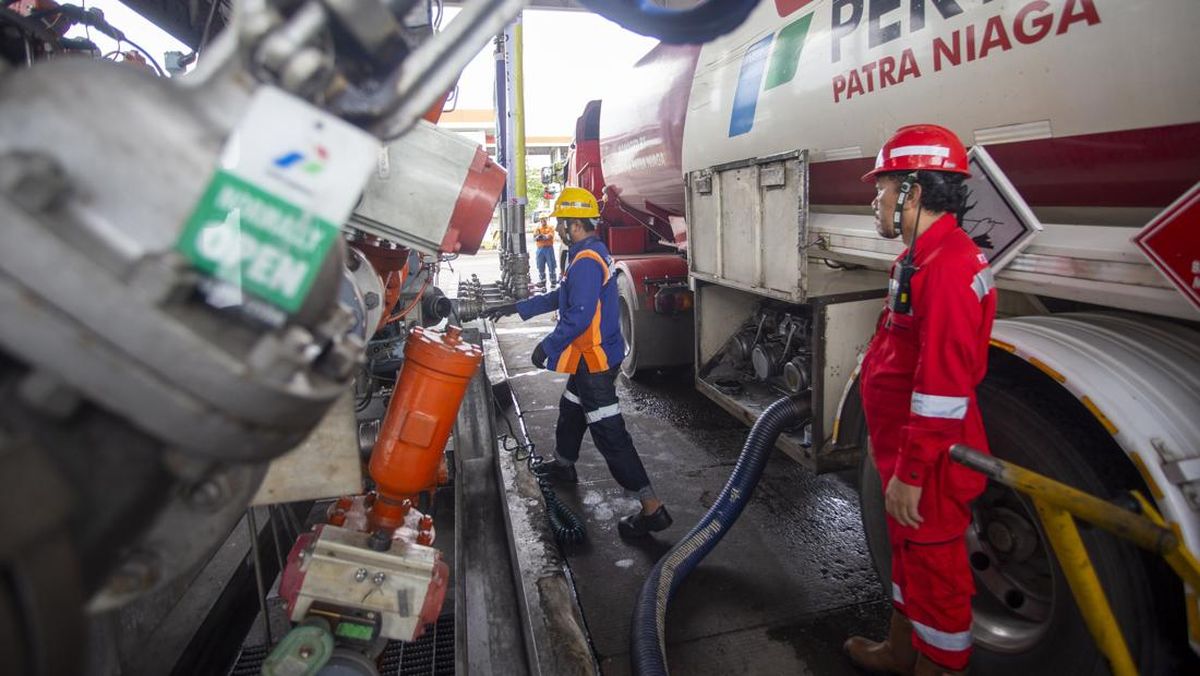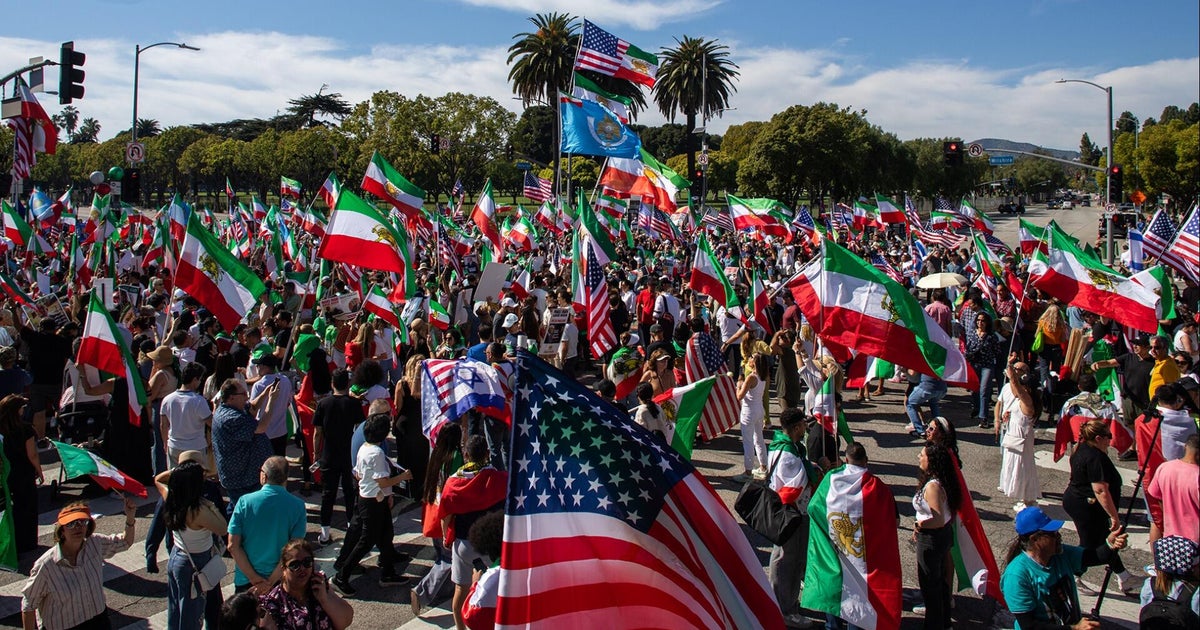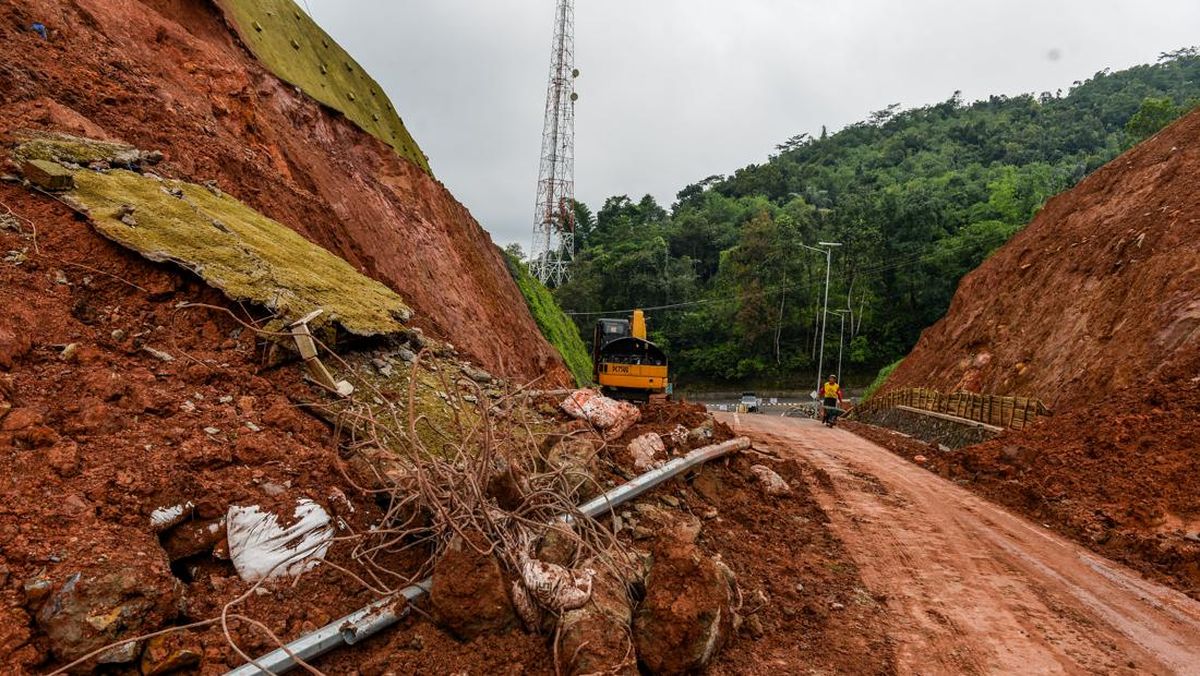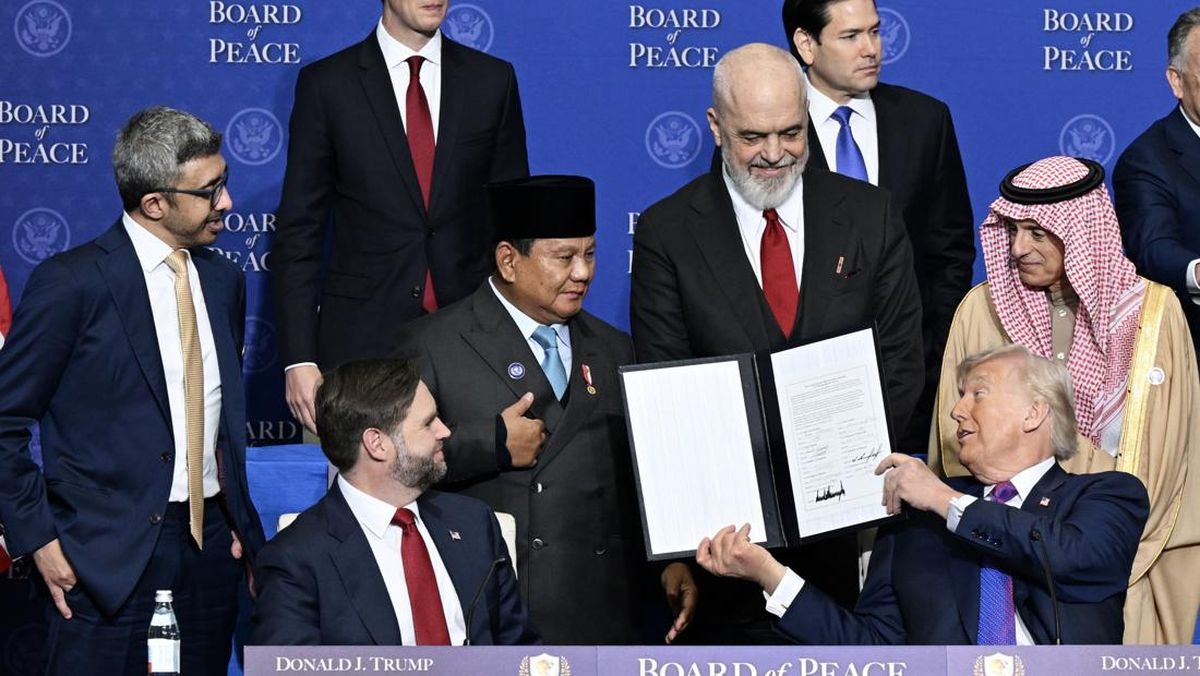Jige Mughalgai, Afghanistan — Afghanistan's Taliban government vowed Tuesday to "respond appropriately" to overnight border strikes it blamed on Pakistan that killed 10 people, as tension between the neighbors soared following a suicide bombing in Peshawar a day earlier.
"The Pakistani invading forces bombed the house of a local civilian resident," Taliban spokesman Zabihullah Mujahid said in a social media post. "As a result, nine children (five boys and four girls) and one woman were martyred" in Khost province.
Mujahid said Pakistani airstrikes targeting the border regions of Kunar and Paktika wounded another four civilians.
The raids were carried out by drones and aircraft, according to Mustaghfir Gurbuz, a spokesman for the governor of Khost.
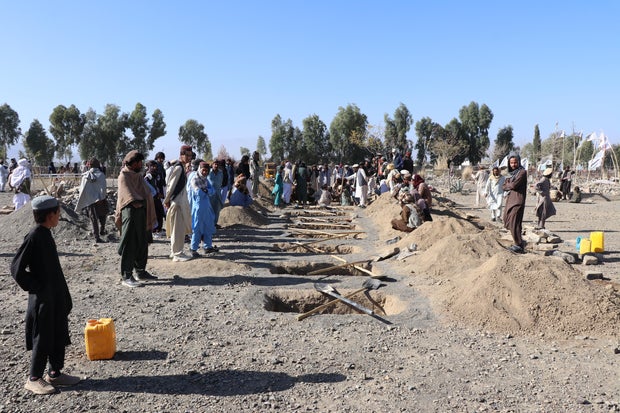 Residents dig graves for people killed in an airstrike by Pakistan, in Jige Mughalgai, in Afghanistan's Khost province, Nov. 25, 2025.
AFP/Getty
Residents dig graves for people killed in an airstrike by Pakistan, in Jige Mughalgai, in Afghanistan's Khost province, Nov. 25, 2025.
AFP/Getty
In Jige Mughalgai, near the border with Pakistan, an AFP correspondent saw residents searching through the rubble of a collapsed house and preparing graves for victims.
"The Islamic Emirate strongly condemns this violation and reiterates that defending its airspace, territory, and people is its legitimate right, and it will respond appropriately at the right time," Mujahid said in a separate statement.
The Pakistani military did not comment on the strikes when contacted by AFP, but before the attacks, the country's Interior Minister Talal Chaudhry said in a television interview that the people behind the deadly suicide attack in Peshawar on Monday had come from Afghanistan.
"These are the same long-range attacks from Afghanistan about which they used to say they will go as far as Islamabad," claimed Chaudhry, without offering any specific evidence. "There are more than 36 terrorist groups in Afghanistan. These terrorists are Indian proxies."
The suicide attack targeted the headquarters of Pakistan's paramilitary Federal Constabulary force in Peshawar, killing three officers and wounding 11 others.
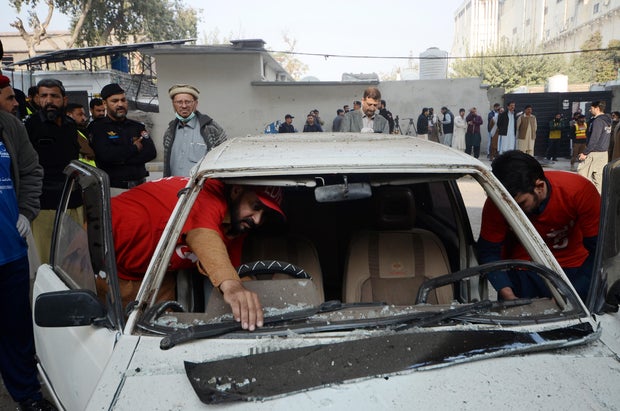 A view of damage caused by an attack carried out by three suicide bombers at the headquarters of a paramilitary force in northwest Peshawar, Pakistan, Nov. 24, 2025.
Hussain Ali/Anadolu/Getty
A view of damage caused by an attack carried out by three suicide bombers at the headquarters of a paramilitary force in northwest Peshawar, Pakistan, Nov. 24, 2025.
Hussain Ali/Anadolu/Getty
No group has claimed responsibility, but Pakistani state broadcaster PTV reported the attackers were Afghan nationals and said President Asif Zardari blamed the "foreign-backed Fitna al-Khawarij" — Islamabad's term for the Tehreek-e-Taliban Pakistan (TTP, or the Pakistani Taliban) militants it accuses of operating from Afghan soil.
Another suicide blast outside a court in the Pakistan capital Islamabad this month killed 12 people and was claimed by a faction of the Pakistani Taliban, which shares the same ideology as the Afghan Taliban but insists it operates independently.
Islamabad blamed a militant cell which was "guided at every step by the ... high command based in Afghanistan" for the capital attack.
In a message sent to CBS News' Sami Yousafzai on Tuesday, Amir Mohmand, a TTP commander in a Pakistani region right on the Afghan border, said Pakistan's military strikes on Afghanistan were based on a "misperception."
"Pakistan is bombing Afghanistan because they think it will stop us ( TTP) from our jihadi struggle against the puppet regime in Islamabad," he said. "The [Afghan] Taliban came to power in 2021. We have been running our struggle since 2006, and even before 1994. The Afghan Taliban may have sympathies on the ground level, but we are independent. No one can define the start or stop of our holy struggle."
Mohamand claimed a new wave of suicide bombers had recently completed training and were prepared to carry out additional attacks inside Pakistan.
Pakistan has long accused the Taliban, and India, of covertly backing the TTP's violence, and government Information Minister Attaullah Tarar on Tuesday showed a video of an alleged confession by one of the purported suspects in the Peshawar attack, claiming "clear-cut evidence that TTA [Afghan Taliban] and TTP did it together, and the suicide bomber was a resident of Afghanistan."
"Afghanistan is fully involved ... and their soil is also involved. The people being sheltered there are also involved," he said on live television, without mentioning the military's strikes in the neighboring country.
The flare-up of cross-border tension is just the latest challenge to a tenuous ceasefire agreement between the neighbors that came into effect in mid-October, and relations between Islamabad and Kabul have been fraught since the Taliban swept back to power in 2021.
Deadly border clashes in early October killed around 70 people on both sides — violence that the ceasefire brokered by Qatar and Turkey was intended to halt, but several rounds of talks in Doha and Istanbul failed to produce a lasting agreement, and security issues, especially Pakistan's demand that Kabul go after TTP fighters, have proven to be a sticking point.
Islamabad accuses the Taliban of sheltering militants behind a surge in attacks, including the TTP, which has waged a bloody campaign against Pakistan for years. Kabul denies the charge and counters that Pakistan harbors groups hostile to Afghanistan and does not respect its sovereignty.



